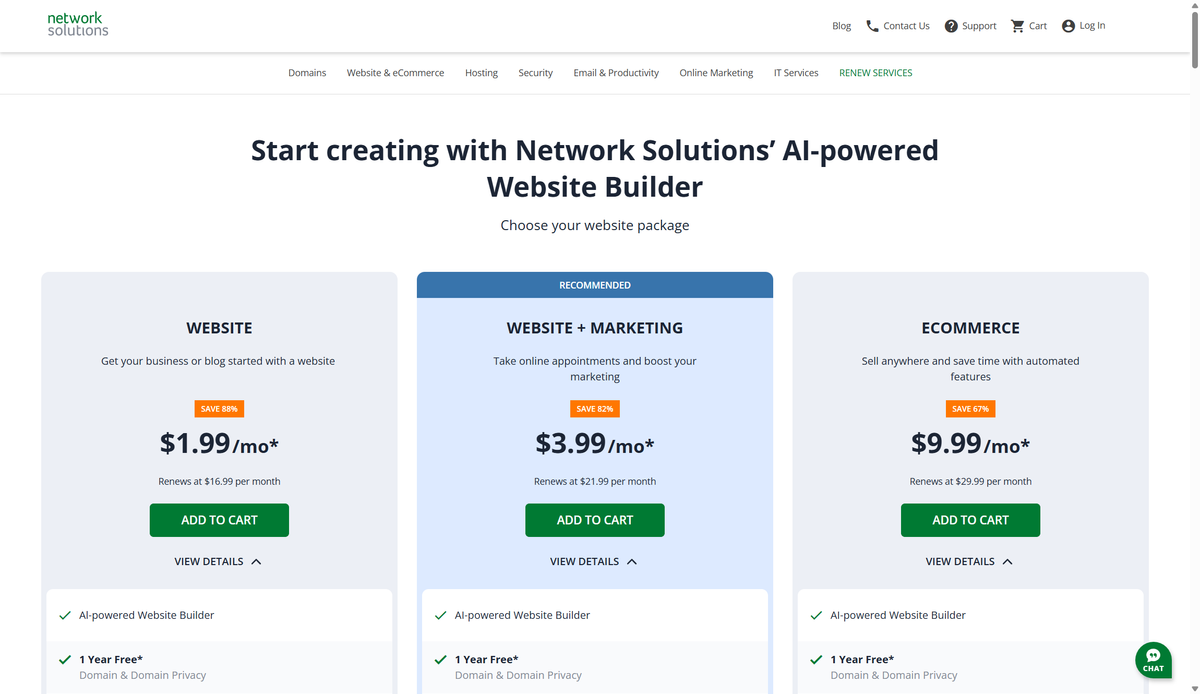If you live in the European Union, your posts on Meta platforms will now help to feed its extremely hungry AI models. In a blog post titled “Making AI Work Harder for Europeans” (please hold your eye roll), the company announced that it will start to use public-facing interactions across its platforms like Facebook and Instagram to train large language models, in the latest of Big Tech players declaring that your content should belong to them.
According to the post, posts and comments made by adult users will be fed into the machine, as will questions and queries that people submit in interactions with Meta AI. According to Meta, scraping all these interactions and using them as training data “will better support millions of people and businesses in the EU by teaching AI at Meta to better understand and reflect their cultures, languages and history.”
Just as a quick aside: we have anthropologists and ethnographers, and linguists who specialize not only in preserving culture, language, and history but also help to contextualize it so we understand why something matters—something that AI can’t do because it doesn’t understand what you are feeding it. But sure, we can pour all of our posts into these black boxes and assume that what it’s spitting back is a true and accurate replication despite its tendency to hallucinate no matter how good the data is—all while funding for actual preservation work evaporates.
Anyway. Starting next week, Meta will send notifications to EU users that their posts may be used to train AI. The notifications will include a link to a form where users can object to their data being used for these purposes. The company also reiterated that it will not use private messages to train AI.
Meta’s decision to put posts through the content grinder and turn it into LLM feed is just the latest example of AI Big Tech players putting their finger on the scale to say your content is not yours. Over the weekend, Block CEO and Twitter founder Jack Dorsey posted “delete all IP law“—a comment that Elon Musk replied to in agreement.
It’s hard not to read that statement in the context of the ongoing lawsuits between AI companies and IP and copyright holders who are trying to keep their information out of training models (at least without getting paid for it).
And, indeed, Dorsey basically confirmed it was at least partially on his mind in the replies, in which he took on several people who pointed out that IP helps protect the work of creators from getting swallowed by AI without compensation. Dorsey insisted “there are much greater models to pay creators” and “all people should have 100% agency over their data and permission in/out services that want to use it,” which he claimed was “a very simple model to build and enforce.” Seems like maybe he should build that, then!
Both Musk and Dorsey, of course, have used IP law to protect their own projects. Dorsey insisted that it’s just defense against trolls and not something he believes in—and look, there is no question that the current IP system has problems and is abused by big players. And Musk has pledged that Tesla won’t go after companies who want to use its technology in good faith—though it did sue a company for infringing on the company’s battery patents, but hey, good faith is in the eye of the patent holder.
It just seems mighty convenient that two guys heavily invested in AI suddenly seem to think the system that they used to protect and build their own empires is no longer needed now that it restricts their access to the lifeblood of AI training.









 English (US) ·
English (US) ·